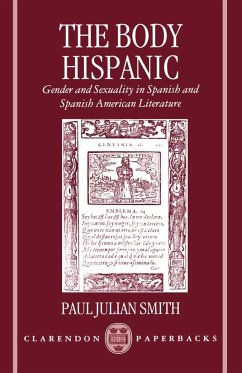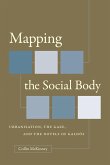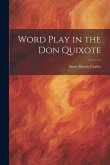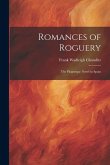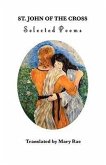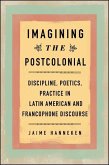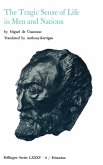This is the first book to analyze Spanish and Spanish-American literature in light of several theories of sexuality advanced since Freud. Bringing into discussion such writers as Fuentes, Neruda, Garcia Lorca, Galdos, and St. Teresa of Avila, Smith draws on critical approaches derived from Marx, Lacan, Foucault, Barthes, and French theoretical feminism (Kristeva and Irigaray). He argues that in spite of the variety of texts and theories treated, there are three broad areas of coherence or coincidence: the status of women in a male culture; the possibility of resistance to authority; and the role of the body as protagonist in that resistance.
Hinweis: Dieser Artikel kann nur an eine deutsche Lieferadresse ausgeliefert werden.
Hinweis: Dieser Artikel kann nur an eine deutsche Lieferadresse ausgeliefert werden.

